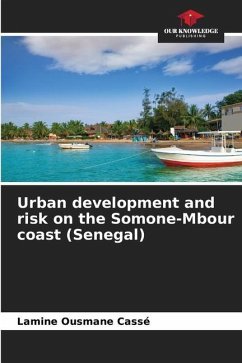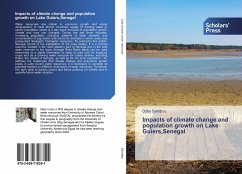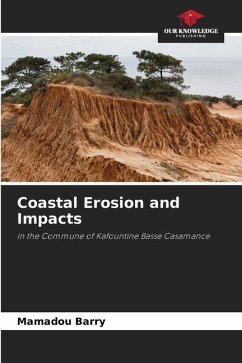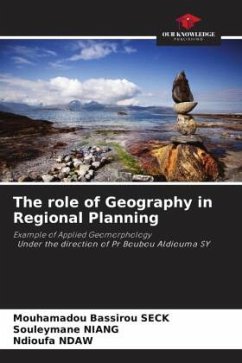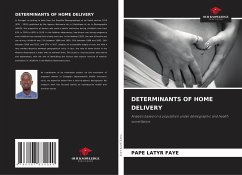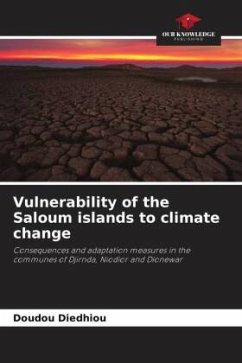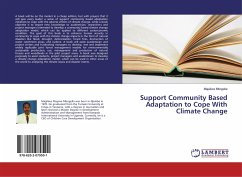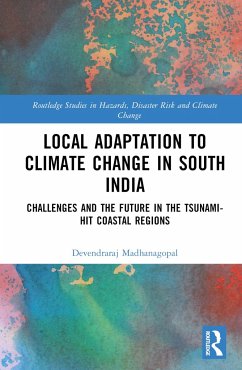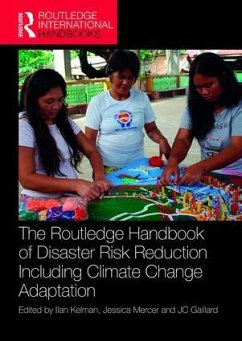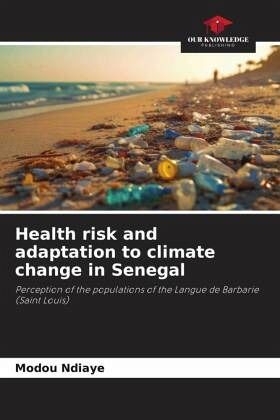
Health risk and adaptation to climate change in Senegal
Perception of the populations of the Langue de Barbarie (Saint Louis)
Versandkostenfrei!
Versandfertig in 6-10 Tagen
29,99 €
inkl. MwSt.

PAYBACK Punkte
15 °P sammeln!
Senegal faces numerous challenges linked to coastal dynamics, climate change and the assessment of health risk factors. The coastline, a sea-land interface zone including the coastal strip, estuaries, deltas and the continental shelf, represents a strategic area for socio-economic development. It is exposed to a dual anthropogenic pressure (urban, industrial, agricultural, fishing and tourism) and climate change. In the current context of climate change and its corollaries, Senegal's coastline is exposed to a number of risks and natural disasters, generating profound social, economic and envir...
Senegal faces numerous challenges linked to coastal dynamics, climate change and the assessment of health risk factors. The coastline, a sea-land interface zone including the coastal strip, estuaries, deltas and the continental shelf, represents a strategic area for socio-economic development. It is exposed to a dual anthropogenic pressure (urban, industrial, agricultural, fishing and tourism) and climate change. In the current context of climate change and its corollaries, Senegal's coastline is exposed to a number of risks and natural disasters, generating profound social, economic and environmental transformations that need to be analyzed in a holistic way, in order to understand the perception of different socio-cultural collectives of the links between climate change and natural disasters.





